If you are interested in earning an income with your chickens and other fowl, check this out: Chicken Rich
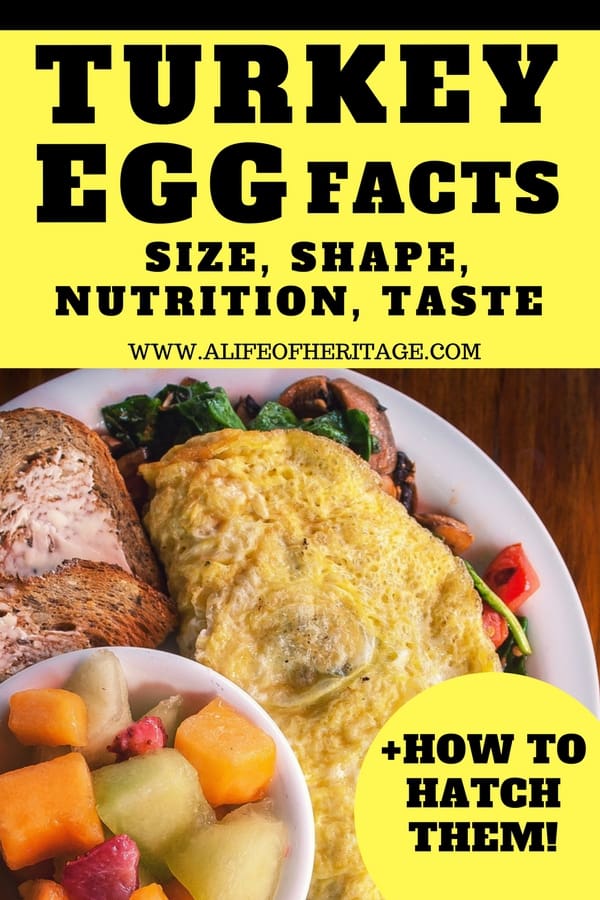
Find out what makes Turkey Eggs so cool!
Can You Eat Turkey Eggs?
Turkey eggs are edible, quite edible! Actually, if you come across any nest of eggs, regardless if it’s a robin egg or kill-deer egg, they are all edible!
Now, I’m not encouraging you to start raiding nests, but if you do have the opportunity to eat a turkey egg, don’t turn up your nose! Dig in and enjoy!
You can find a lot of articles here on A Life of Heritage that will teach you a lot about poultry and be sure to check out CHICKEN RICH: Profitable Poultry Bundle–It’s FULL of to-do lists, checklists, record keeping sheets, and resource pages that will keep your flock healthy and YOU organized!
Turkey Eggs Size
The turkey egg is much larger than a chicken egg. Up to 30% – 50% larger, in fact! Their ends are much pointier than a chicken egg.
In this picture below, the first egg is a chicken egg, the next four are turkey eggs (see their pointy ends?) and the last egg is a goose egg.
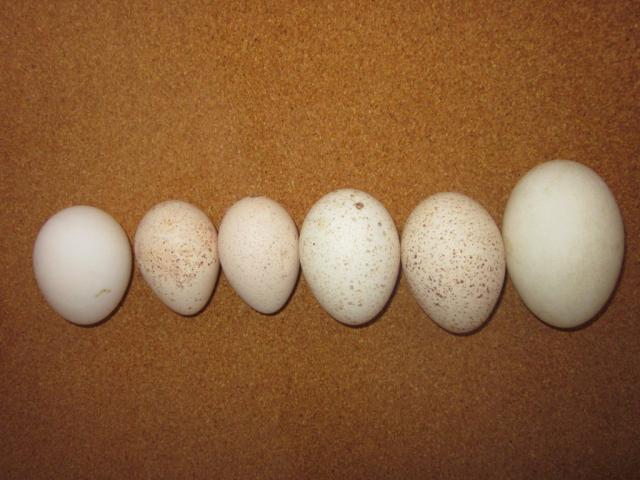
Photo Credit to Thomasturkey from BackYard Chickens
Turkey Egg Nutrition Facts
Nutrition Facts: Serving Size, 1 Egg
- Calories 135
- Calories from Fat 85
- Total Fat 9.39g 14%
- Saturated Fat 2.86g 14%
- Polyunsaturated Fat 1.31g
- Monounsaturated Fat 3.61g
- Cholesterol 737mg 246%
- Sodium 119mg 5%
- Potassium 112mg
- Total Carbohydrate 0.91g
- Dietary Fiber 0g
- Sugars 0g
- Protein 10.81g
- Vitamin A 9%
- Vitamin C 0%
- Calcium 8%
- Iron 18%
*Percent Daily Values are based on a 2000 calorie diet. Your daily values may be higher or lower depending on your calorie needs.
Turkey Eggs vs Chicken Eggs
Eggs are eggs are eggs it seems to be. The duck egg, guinea egg, and ostrich egg have been found to be similar to a chicken egg. So, is there really a difference between a turkey and a chicken egg?
The general consensus seems to be that turkey eggs do in fact, taste pretty much like a chicken egg.
But here are the turkey egg differences you will find:
- Bigger in size
- Tougher, thicker shell
- The membrane of the egg is slightly thicker
- More egg white
- The thickness of the yoke makes it harder to completely mix together with the white
The list above gives pretty noticeable differences, but if you can get past their shell, you will find out that the turkey egg is indeed quite good.
What Do Turkey Eggs Taste Like?
People are known to give these shining reviews about turkey eggs:
“They have a very smooth taste…”
“I prefer them to chicken eggs!”
“…so rich-tasting…”
“They taste like eggs. I’ve eaten them for years.”
It seems the voting is tallied! Turkey eggs are just as scrumptious as the chicken egg! Don’t miss out!
Find out what turkeys eat here …because what they eat affects the taste of their eggs!
Why Don’t We Eat Turkey Eggs?
If the turkey egg tastes almost like a chicken egg, then why aren’t they eaten more often? That’s a good question and here are the answers:
- Egg Production. Turkeys lay eggs about 2 times per week.
- Size. Turkeys are much larger than chickens and have a larger space requirement.
- Intake. Because of their size, they eat more as well.
- Slow Maturity. Turkeys begin laying eggs 2 to 3 months later than a chicken.
- Expense. Because of the above four points, the expense to raise them is too much for egg production on a large scale.
How Expensive Are Turkey Eggs?
The 5 points mentioned above are all factors in why turkey eggs are much more expensive than chicken eggs. It makes much more sense to sell a fertilized turkey egg than to try to save up a dozen eggs to sell for eating purposes.
A turkey egg will be around $3.00 for one egg as opposed to $3.00 a dozen for chicken eggs. Save those eggs for breeding purposes, instead of scrambling them up for breakfast! But only after you’ve scrambled one up for breakfast. When people ask, you’ll want to be able to say that you’ve eaten a turkey egg…and loved it!
Are Turkey Eggs Brown?
Turkey eggs are usually a white to creamy white or peach color with pretty brown flecks and speckles. The color and number of speckles on each egg will be dependent on the hen who lays them. Some eggs will have a lot of speckles and some may only have a few.
Do Turkeys Mate?
Turkeys have a very lovely mating dance. Those big and burley toms fan out their tail feathers, fluff up their body feathers, gobble and dance around the hen.
The hen will lower herself to the ground in front of the male of choice and the tom will mount her back to breed. Turkeys are polygamous, meaning they will have multiple partners.
You can read more about turkey mating here.
Do Turkeys Lay Eggs?
It’s an important question to answer: Do turkeys have babies or eggs?
After mating, the turkey will find her nesting spot and lay an egg. In the wild, turkeys will lay an egg a day for about 11 days and then set on them for 28 days to hatch out her chicks.
Without a tom, a hen can lay an egg, but it won’t be fertile. But once a hen has her clutch of fertile eggs, she will set on the nest for 28 days. Whether she is a wild bird or one in captivity, she puts herself in danger during this period because she is literally in one place for such a long period. Predators can quickly catch on and end the whole process!
The hen will find a place or will need to be provided a nest for her eggs that is a secluded, safe place where she can be protected as she rests and can see predators when she raises her head.
You can even watch a turkey laying an egg here:
Where to Buy Turkey Eggs
If you are ready to purchase some turkey eggs because you are convinced you will be impressed by their taste or want to raise your own turkeys, here are some options for you:
Friendly reminder: always check reviews on sellers. Other people’s reviews can help you make the best decision for the best results.
Hatching Turkey Eggs
In confinement, the eggs can be collected and hatched out in an incubator.
Turkey eggs incubate for about 28 days.
The Temperature for Hatching Turkey Eggs
The temperature to hatch turkey eggs is the same as hatching chicken and duck eggs:
- 99.5°F-Forced Air Incubator
- 100.5-101.5°F-Still Air Incubator
Watch for spikes in temperature as the turkeys grow and begin to produce body heat. Adjust the heat accordingly.
During the hatching period, it doesn’t hurt to turn down the temperature 1°F. Not only are the chicks producing their own body heat, but they are also working really hard to break free. Excessive heat can tire them out more quickly.
The Humidity for Hatching Turkey Eggs
As with any hatch, humidity is very important.
One way to check if the proper humidity is to check the air cells in the eggs. This image came from and more info can be found about incubation turkey eggs at Backyard Chickens.
On the 25th day of incubation, the water loss for turkey eggs should be around 10-12%. This will play out to be a humidity of about 55% until hatching. When hatching begins the humidity needs to go up to 80%.
When a chick is hatching, it’s hard work, they will need oxygen to breathe as they wrestle out of their shell, and more moisture to not get stuck in the membrane of their shell. A chick that gets dry during hatching will struggle, get stuck, and possibly die.
So, as you can see, humidity is very important.
If you notice that the air cell isn’t growing as it should in the picture above do either of these two things:
- Add water when the air cells are getting too big too fast
- Remove water when the air cells aren’t growing fast enough
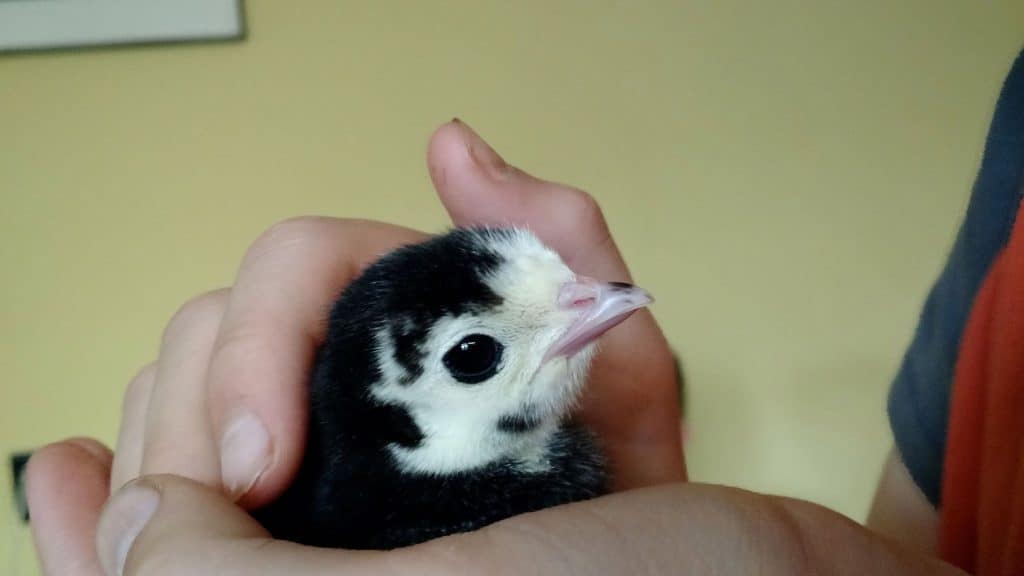
During the Hatch of Turkey Eggs
Hatching begins with the internal pip, which can begin around day 24. This internal pip is when the chick first breaks through the membrane into the air sack. At this point, it is possible to candle the eggs to see the first internal pip into the air sack.
This is what should be done when hatching begins:
- Turn down the temperature by 1°. This will help keep the chicks from becoming stressed and too hot as they are trying to free themselves.
- Bring up the humidity to about 80%. This can be done by adding wet sponges, spraying the eggs with a spray bottle, or adding a pan of water to the incubator.
- Open the air vents. Remember that hard work of breaking out? It takes a lot of oxygen! Fresh oxygen will keep the chicks strong and decrease the likelihood of carbon dioxide poisoning. Remember, hot, humid air makes for less oxygen in the incubator and that’s one thing you don’t want to restrict at this point.
Once hatching is complete you will need to take thorough notes on how to raise these young turkey poults. It seems to be that turkey poults are sometimes harder to raise to maturity than chicken or duck chicks. They are a bit more fragile. But you will have a good start when you’ve read: How to Raise Baby Turkey Poults. and What is a Baby Turkey Called?
If you are interested in turkeys, then this is where you need to start. These articles will give you all the details you need to know about them from the egg on! A group of turkeys has a very unique name. What are they called? What is the history behind the name? Find out here to call out, "Hey! Look! It's a..." Have you ever wondered if these big birds can fly? Find out here... Find out the turkey breeds that you could bring home to be apart of your flock! This binder bundle will keep your poultry records organized and up to date with all the pertinant information that is so important! If you'd like to know...how do turkeys procreate? The answer to your questions about baby turkeys! Do you plan to raise baby turkeys? This is what you need to know to do it successfully! Turkey feathers are so pretty. This is what you can do with them!Top Turkey Information
What is a Group of Turkeys Called?
Can Turkeys Fly?
11 Turkey Breeds You NEED to Know About if You Plan to Raise Turkeys
Poultry Binder Bundle
Do Turkeys Lay Eggs? Your Questions Answered!
What is a Baby Turkey Called?
Baby Turkey: The Valuable How-To Information You Need to Raise Poults
Turkey Feathers: More Facts, Awesome Ideas, and Buying Guide

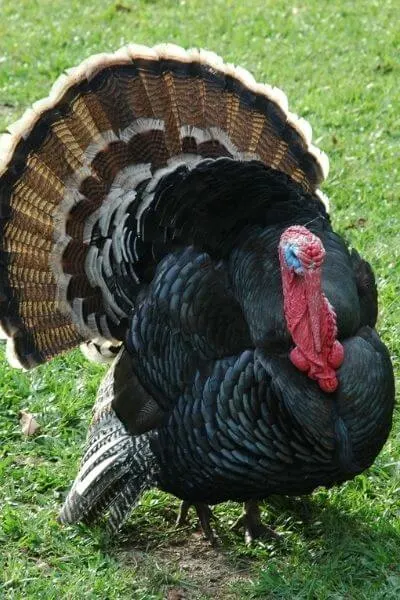




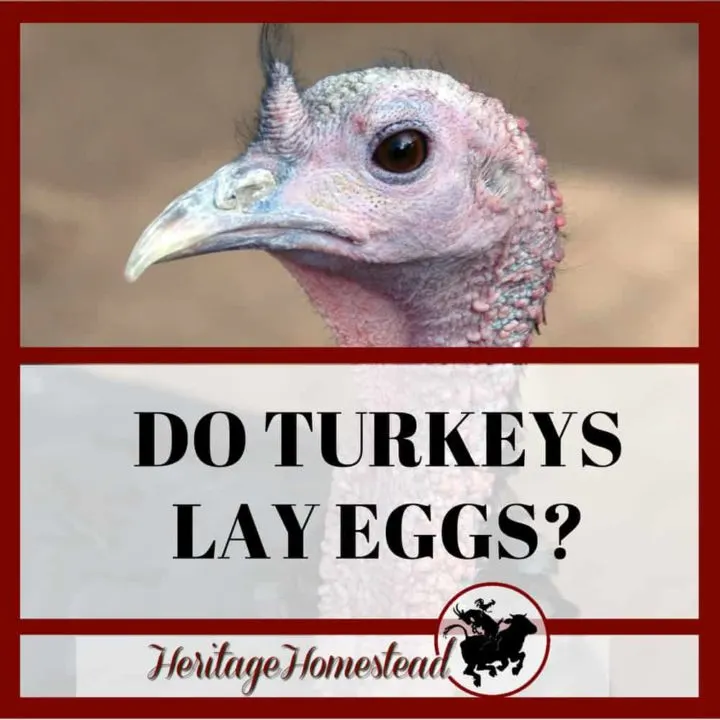
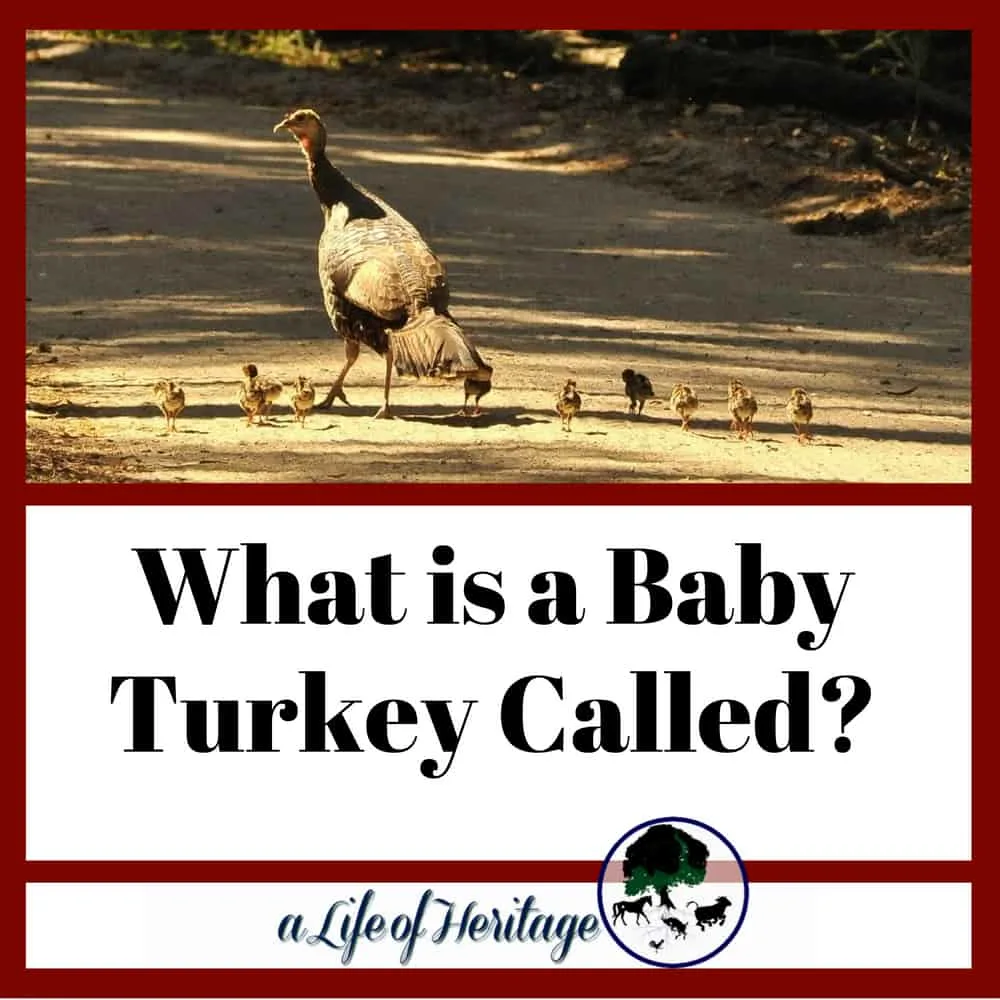
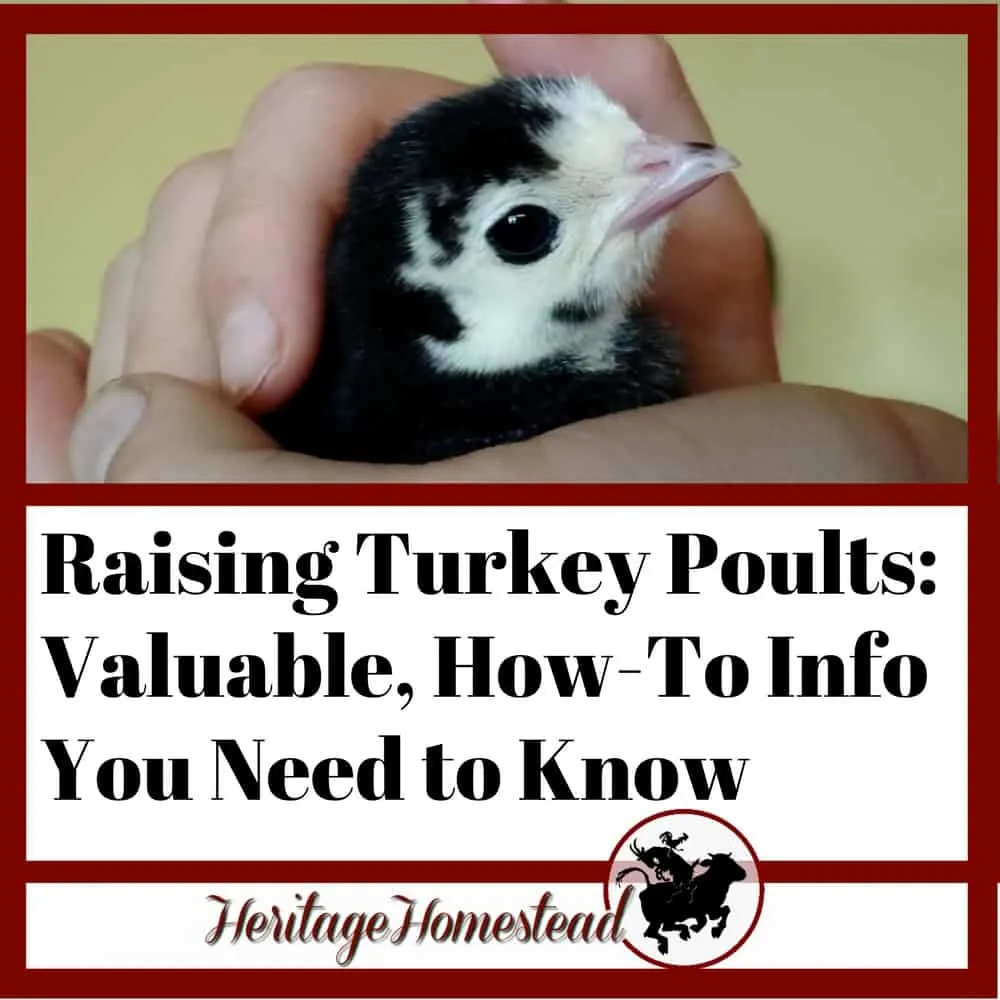

Robert Wipf
Thursday 7th of January 2021
cool love the info
Delci Plouffe
Thursday 7th of January 2021
Excellent! :)